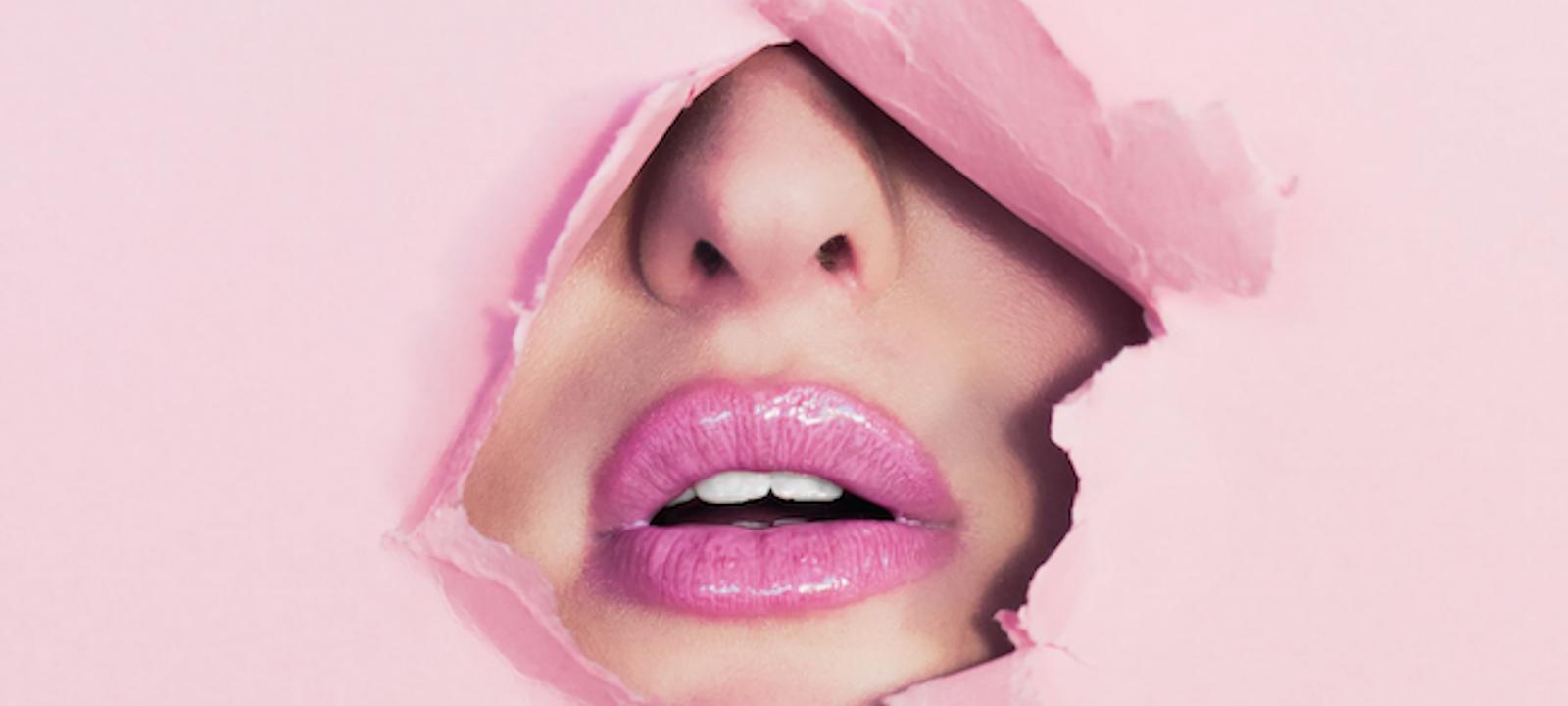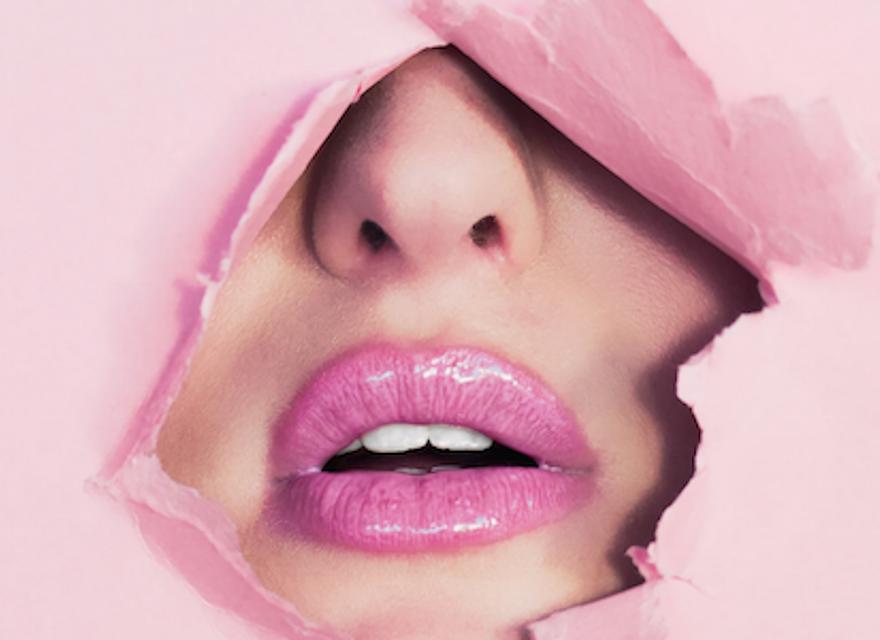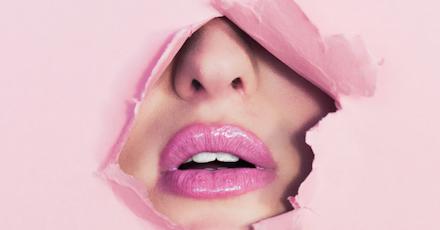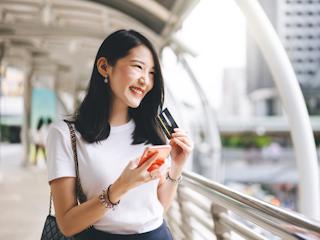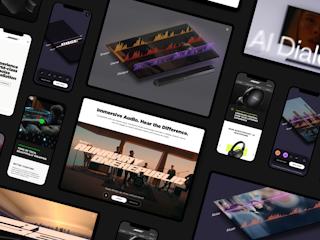That is when the smart mirror will unveil several possibilities, several versions of you without any imperfection, that you can slide through just like you would Snapchat or Instagram filters. The result is pleasing and somewhat familiar - as what it does, in the end, is touching up your image the same way you do before sharing your pictures on social media. Your complexion is enhanced and the shadows under your eyes disappear. Your smile is radiant.
Show your best self
The AI software behind this matches every scenario with a panel of products, from light masks to natural makeup to professional shampoo, along with the accompanying coaching tips. This is a godsend – almost Freudian in nature - for brands, coupled with a stroke of genius, as they fill the gap between the digital self and the real self - #nofilter. This intelligence in customer care is destined for availability on all the touchpoints of the cosmetic products’ customer journey: stores, hairdressing and beauty salons, online, and – obviously - the bathroom. In this way, connected beauty is a circular service that appeals to the Narcissus within yourself and then accompanies you every step of the way to offer advice and guidance – through its AI, but also experts and advisors – so that you become your best self.
The same ideal of beauty for everyone?
According to Plato, beauty is undefinable and can only be recognized in its individual manifestations. It is vital to keep this in mind in a time when social media puts on display the aesthetic customs and beauty standards from heretofore technologically isolated cultural groups. While Chinese customers throw themselves on French active cosmetics products, French customers turn to Korean makeup products - maybe even on the recommendation of a Swedish influencer. And, while there might initially have been a great disparity between these countries, this international pooling participates in a certain smoothing, a point of convergence of beauty routines and the accompanying marketing messages.
Manipulated identity?
Fear of standing out probably has its role to play in this odd theatre where everyone feels exposed, therefore vulnerable. Do we say of a person or idea that they are beautiful because they remind us of a shared, superficial and – one has to admit – manipulated truth? Or is beauty still in the eye of the beholder, the result of an intimate, biased connection? Big businesses and a few independent companies have already begun subtly taking position on this dichotomy, this paradox between hyper-personalisation and the homogenisation of standards, by feeding technology into the collective psyche – without leaving social, cultural and regional tropisms aside – in order to conquer this multi-billion customer market. Is the beauty industry going the black mirror way?
